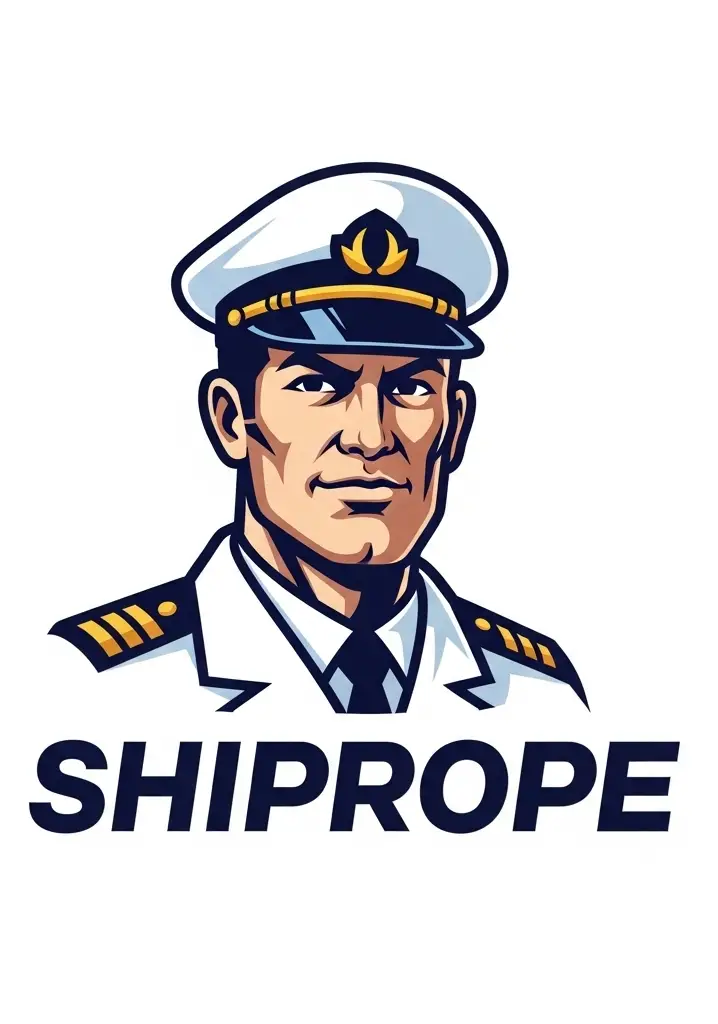22 Steps to Retain and Attract High-Quality Crew for Your Vessel
The maritime industry thrives on people. Without skilled, innovative, and motivated seafarers, the industry would struggle to function. Yet, recruiting and retaining talented crew members has become one of the most significant challenges ship operators and managers face today.
What can organizations do to overcome this challenge and create an environment where crew members feel valued and supported? Captain Asim Siddique, sharing insights from his 30+ years of maritime experience, proposes a practical and empathetic 22-step guide designed to address the needs and concerns of seafarers.
Creating a Positive Work Environment for Seafarers
A career at sea is challenging. Long contracts, isolation, and demanding tasks are balanced by the rewards of exploration and professional satisfaction. However, for crews to thrive, companies must actively address key pain points and foster a positive work culture. Here are actionable strategies to provide a superior experience to seafarers:
1. Adequate Ship Manning
Overworking a limited crew can lead to burnout, decreased efficiency, and safety risks. Ensure compliance with MLC and STCW rest and work hour guidelines. Encourage a culture that respects rest periods and incorporates flexible schedules, such as half-workdays on Saturdays or designated off-duty Sundays.
2. Competitive and Regular Wage Increases
Stagnant wages have discouraged many from pursuing long-term maritime careers. Offering consistent annual increments—even small ones—signals respect for the hard work of crew members and keeps their morale high.
3. Provide Free, Reliable Internet Access
Young crew members value connectivity to stay in touch with their loved ones and maintain mental well-being. Offer free, high-bandwidth internet that supports video calls and regular communication.
4. Promote Mental and Physical Well-Being
- Install gyms and onboard recreational activities like table tennis, darts, or group games.
- Create libraries stocked with diverse, engaging books to foster continual self-improvement.
- Provide balanced, nutritious meals and allocate proper budgets for fresh vegetables and proteins.
5. Support Competency Growth
Assist junior officers with interest-free loans for competency tests or training programs. This reduces financial strain and encourages career progression.
Empowering Crew Members Across All Roles
To attract high-quality crew members, shipping companies need to focus on inclusivity, well-being, and professional development. Below are additional strategies to enhance the seafaring experience:
6. Dedicated Welfare Budgets
Allocate funds for welfare activities like onboard celebrations, purchasing entertainment resources, or rewarding accomplishments. Use these budgets creatively to foster camaraderie and appreciation.
7. Ensure Shore Leave Accessibility
Life at sea is all-encompassing. Regular shore leave rejuvenates crew members and prevents fatigue. Collaborate with owner’s agencies to provide fair shore leave regulations and boat services at long anchorages.
8. Access to Proper Facilities
From clean drinking water to well-functioning amenities, high-quality accommodations make a significant difference. Ensure regular maintenance of air conditioning systems, plumbing, and showers.
9. Promote Inclusion with Women Seafarers
Encouraging women to join crews brings varied perspectives and contributes to a more representative workplace. Aim to balance gender ratios wherever possible, integrating women across both officer and rating roles.
10. Address Mental Health
Create confidential, 24-hour access to psychologists trained to understand the unique stressors of ship life. This proactive approach can significantly improve workplace satisfaction and mitigate risks of mental health issues.
Building Trust Through Policy and Action
Retention goes beyond compensation or amenity offerings; trust is key to building long-term loyalty. Shipping companies can establish trust through clear, proactive policies:
11. Flexible Leave Policies
Avoid extending contracts or delaying crew sign-offs due to minor cost differences in airfare. Allow senior staff the comfort of business class tickets on long routes and provide hotel stays post contracts for proper rest.
12. Set Retirement Benefits
Introduce lifelong pension schemes to address the financial insecurities of retiring crew members. Matching contributions between employers and employees can serve as an effective solution.
13. Mentorship Programs
Pair junior officers with senior mentors who can offer career advice and financial literacy training. This support empowers younger crew members to plan long-term.
14. Dedicated Complaint Management
Assign specialized teams to address crew grievances without bureaucratic hurdles. Whether complaints involve harassment, wage delays, or food quality issues, resolving them quickly reaffirms the company’s commitment to their well-being.
Improving Infrastructure and Onboard Comfort
Modernizing ships with better accommodations not only boosts morale but also enhances functionality. Suggestions include:
- Installing ergonomic chairs, soundproof cabin walls, and better beds.
- Offering onboard amenities like saunas, mini-movie theaters, and individual refrigerators.
- Rethinking food services with multi-national crews in mind by hiring additional cooks for diverse meal preferences.
Closing Thoughts
Seafarers drive the global maritime industry—not ships, not machinery, but people. The 22 recommendations shared focus on creating a safer, more supportive, and rewarding working environment that respects the invaluable contributions of every crew member.
For shipowners and managers, even adopting a few steps can make a tangible difference. Happier and healthier crews lead to better-maintained ships, smoother operations, and safer voyages.
Which of these strategies resonated most with your organization’s values? Reflect on these points and aim to implement changes that align with your operational goals. Building a workplace at sea where respect and well-being guide every decision benefits everyone, from crew members to stakeholders.

